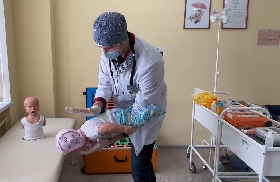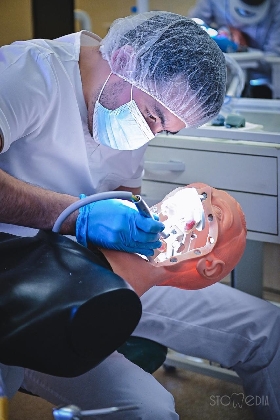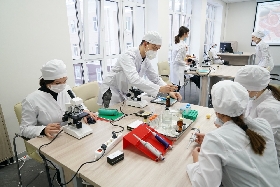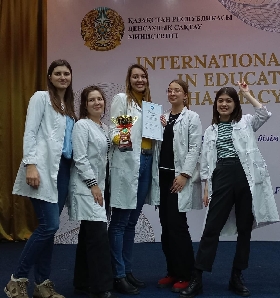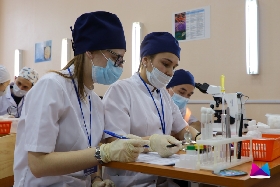General Medicine
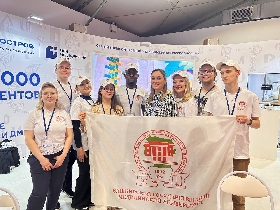
Accreditation. State accreditation.
Awards and achievements. In 2023, the program successfully underwent international program accreditation carried out by IAAR. The Faculty of General Medicine co-hosts the Olympiad “I am a Professional.” During 2023, the faculty departments prepared 25 study guides, including the Oncology textbook with a federal stamp of the Ministry of Science of the Russian Federation, two study guides with a federal stamp, and four study guides in English for those who study using a mediator language.
Teaching staff. The teachers are participants of international scientific programs, members of Russian and international associations, editorial boards of medical journals, specialized dissertation councils, special academic and methodological commissions of the RF Ministry of Health, and chief freelance specialists of the Ministry of Health of Bashkortostan. Among them are two Academicians of the Russian Academy of Sciences (RAS), two Corresponding Members of the RAS, four Academicians of the Academy of Sciences of the Republic of Bashkortostan (ASRB), one Corresponding Member of the ASRB, and one Professor of the ASRB.
Facilities and resources. The faculty comprises 25 departments. Training is provided at 59 university departments. The university has the BSMU clinic, research institutes, and laboratories. The priority projects are the scientific projects implemented as part of the world-class Eurasian Research and Education Center: “Genomics and Digital Systems of Predictive Analytics for Personalized Medicine,” “Advanced Implantable Devices of Rehabilitation and Regenerative Medicine,” and “Technologies and Components of Integrated Microwave Photonics.” In 2022, the university established the Higher School of Regenerative, Eye and Plastic Surgery, the laboratories of neuropathophysiology of higher cerebral functions and rehabilitation technologies and Raman microscope spectroscopy, and the center for additive technologies. The Digital Department project is being implemented.
Learning outcomes. Students learn how to prevent diseases among the population by taking epidemic prevention and control measures; carry out preventive medical examinations, medical checkups, follow-up medical care; collect and carry out a medical and statistical analysis of information on health indicators in different age-sex groups characterizing their state of health; diagnose dental diseases and pathological conditions in patients; diagnose medical emergencies, and many other things.
Research. The faculty is famous for its innovative approach to interdisciplinary research and got the grant in the in the Territorial and (or) Sectoral Leadership track as part of the Priority 2030 federal program. As a part of the university, it takes an active part in large-scale federal projects of the Republic of Bashkortostan such as the world-class Eurasian Research and Education Center and the inter-university student campus). The Robotic Surgery Center uses new developments such as the digital patient and the digital surgeon for surgery studies and performs surgeries using the Da Vinci Si and Da Vinci Xi robots and the Artis Pheno angiography system.
Career prospects and employment. The university launched the digital recruitment platform for students and graduates, established digital interaction with employers on the BSMU platform. 95% of employer-sponsored graduates are employed. Students can combine their studies and work, starting from the fourth year of study. The university’s cooperation with medical organizations in Ufa, the Republic of Bashkortostan, the CIS countries, and other countries creates the opportunities for students to find a job and improve their professional skills.
